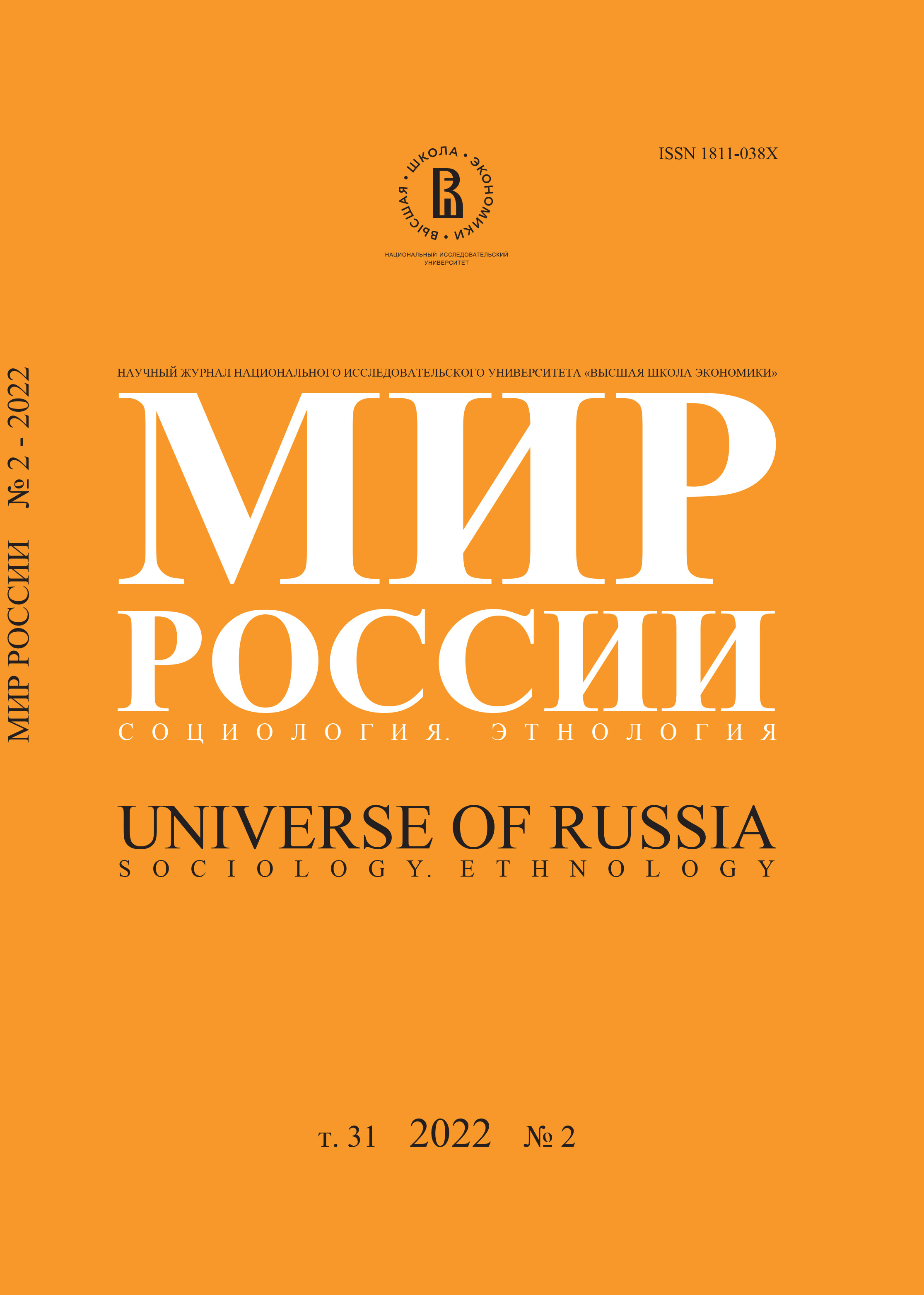Права наследования в процессе формирования и эволюции институциональных матриц
Аннотация
Целью настоящей работы является установление роли права наследования в процессе формирования и трансформации институциональных матриц с доминирующими рыночными (Y-тип) и редистрибутивными (Х-тип) институтами. Показано, что к концу первого тысячелетия в странах Западной Европы земля превратилась в главный источник дохода, а следовательно, силы и защиты. Это потребовало урегулирования вопроса о наследовании, который был решен введением в правовые системы закона о примогенитуре. При этом его распространение в Западной Европе осуществлялось различными путями: в результате «трансплантации» из других правовых систем, как это произошло в Англии после завоевания ее норманнами; «гибридизации» права наследования под влиянием других правовых систем, как это имело место во Франции (на севере – доминирование примогенитуры, на юге в связи со значительным влиянием римского права значительное распространение получил институт завещания); «фрагментации» правового пространства, как в Германии, в различных областях которой существовали разные практики наследования – от примогенитуры до исторически сложившегося равного раздела собственности между наследниками. Проанализированы экономические и социальные последствия примогенитуры, среди которых изменение социальных страт (формирование, с одной стороны, землевладельческой аристократии, обладавшей крупными земельными владениями и, следовательно, экономической, военной и политической властью, с другой, «среднего» класса, представители которого получили в наследство не землю, а денежную компенсацию); формирование миграционных потоков из сельской местности в города и, как следствие, активное привлечение в сельскохозяйственный сектор наемного труда при перераспределении доходов между землевладельцами и наемными работниками. Данные изменения обусловили укрепление базовых рыночных институтов (в том числе институтов частной собственности, местного самоуправления), способствовали формированию субсидиарного мировоззрения. Установлено, что наличие «мобилизационно-коммунальной» природно-климатической среды и фронтирное положение привело к формированию общественной системы с институциональной матрицей Х-типа, характеризуемой наличием централизованного государства, которое является регулятором всех общественных отношений, в том числе отношений собственности. Показано, что ограниченность права собственности в данных социумах определяет принцип наследования, направленный в первую очередь на передачу наследникам титула и привилегий. Основополагающим принципом наследования является фрагментация, способствующая дроблению собственности, уменьшению экономической (а следовательно, и политической) силы ее владельцев. Данный принцип наследования стимулирует укрепление редистрибутивных институтов – централизованной системы управления, элементов эгалитарного мировоззрения. Эволюция общественной системы под действием экзогенных и/или эндогенных факторов обусловливает изменения прав наследования, которые могут быть следствием диффузии институтов из альтернативной институциональной матрицы либо попытки политического регулирования экономических отношений. При этом в первом случае имплантированный из альтернативной институциональной матрицы закон наследования модифицируется государством с целью регулирования баланса между доминирующими редистрибутивными и компенсаторными рыночными институтами.






